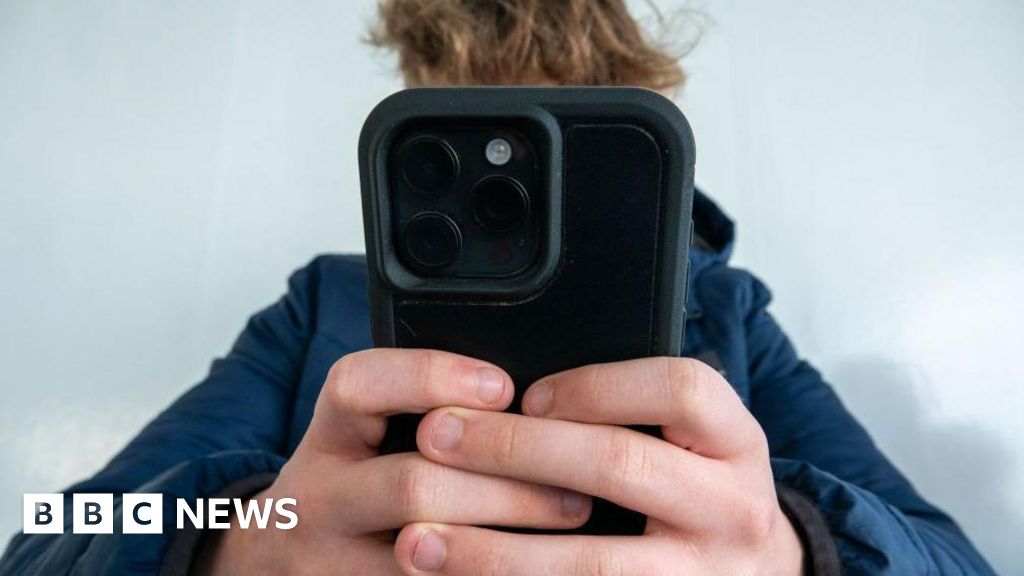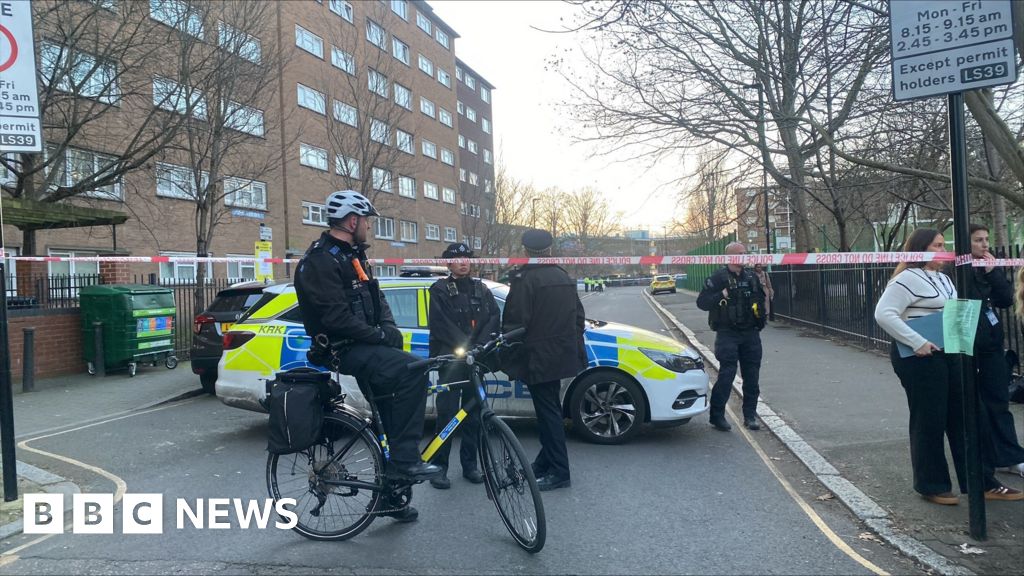News
Magistrates could give longer sentences under new proposals

Magistrates in England and Wales could be given powers to hand down longer custodial sentences under proposals to help reduce the backlog in crown courts and prisons.
The move could allow magistrates to try more serious crimes, and double the maximum punishments handed out for an offence from six to 12 months, helping a system the government said is on the “point of collapse”.
The Magistrates’ Association’s chief executive Tom Franklin, called it a “sensible move” that could “speed up justice”.
The proposal could also reduce the number of prisoners on remand – people awaiting trial. In June, there were a record 17,000 prisoners on remand, a fifth of the prison population.
In response to the proposals – first reported by the Daily Telegraph – a Ministry of Justice spokesperson told the BBC: “The new government inherited prisons on the point of collapse, which is why the Lord Chancellor took swift action by introducing emergency measures.
“We will continue to consider other long-term options to deal with the prisons crisis in a sustainable way.”
Mr Franklin said conversations considering this move are frequent between magistrates and government officials.
He told BBC Radio 4’s Today programme, that magistrates have already been trained to deal with “slightly more serious cases”, so if the proposals were approved, “the least serious cases currently being dealt with by the Crown Courts, could be dealt with as the [magistrate courts] most serious cases”.
As well as dealing with the “log jam” in the crown courts, he said it would mean that “justice is speeded up and that’s good for victims, witnesses and defenders”.
But he warned it would need to work together with more court resources, including court staff such as “legal advisors and probation officers”, the lack of whom could create “delays and cancellations that are very frustrating”.
This comes after more than 2,000 prisoners were released early last week to deal with prison overcrowding.
Offenders who had served 40% of their sentence were eligible, who would otherwise have been released after serving half their sentence.
Prisoners who were in jail for serious violent offences with sentences of four years or more, as well as sex offenders, were not released.
One former inmate appeared back in court after allegedly sexually assaulting a woman on the day of his early release.
News
Does Australian politics still have a problem with women?

The Liberal Party elected its first female leader at a time of crisis. She lasted less than a year.
source
News
Apple takes legal action in UK data privacy row

Apple is taking legal action to try to overturn a demand made by the UK government to view its customers’ private data if required.
The BBC understands that the US technology giant has appealed to the Investigatory Powers Tribunal, an independent court with the power to investigate claims against the Security Service.
It is the latest development in an unprecedented row between one of the world’s biggest tech firms and the UK government over data privacy.
In January, Apple was issued with a secret order by the Home Office to share encrypted data belonging to Apple users around the world with UK law enforcement in the event of a potential national security threat.
Data protected by Apple’s standard level of encryption is still accessible by the company if a warrant is issued, but the firm cannot view or share data encrypted using its toughest privacy tool, Advanced Data Protection (ADP).
ADP is an opt-in feature and it is not known how many people use it.
Last week, Apple chose to remove ADP from the UK market rather than comply with the notice, which would involve creating a “backdoor” in the tool to create access.
Apple said at the time that it would never compromise its security features and it was disappointed at having to take the action in the UK.
The UK’s order also angered the US administration with President Donald Trump describing it to The Spectator as “something that you hear about with China”.
Tulsi Gabbard, US head of intelligence, said she had not been informed in advance about the UK’s demand.
She described it in a letter as an “egregious violation” of US citizens’ rights to privacy and that she intended to find out whether it breached the terms of a legal data agreement between the US and the UK.
The FT, which first revealed Apple’s legal action, reports that the tribunal case could be heard in the next few weeks, but may not be made public.
The Home Office refused to confirm or deny that the notice issued in January exists. Legally, this order cannot be made public.
But a spokesperson said: “More broadly, the UK has a longstanding position of protecting our citizens from the very worst crimes, such as child sex abuse and terrorism, at the same time as protecting people’s privacy.
“The UK has robust safeguards and independent oversight to protect privacy and privacy is only impacted on an exceptional basis, in relation to the most serious crimes and only when it is necessary and proportionate to do so.”
Apple declined to comment.
News
Boy, 16, dies after being shot in south London

A 16-year-old boy has died after being shot in an “enormously shocking incident” in south London, the Metropolitan Police has said.
The teenager was pronounced dead at the scene in Paradise Road, Stockwell, after police were called at about 15:20 GMT to reports of a shooting.
Officers are working to identify the victim and contact his family. No arrests have been made.
Supt Gabriel Cameron said: “Our thoughts are with the young boy’s family at this devastating time.”
He added: “This is an enormously shocking incident which I imagine will cause huge distress to the local community.”
“Local officers are on the scene gathering CCTV and speaking to witnesses to piece together what has happened.
“They will be supported by specialist homicide investigators shortly.”





